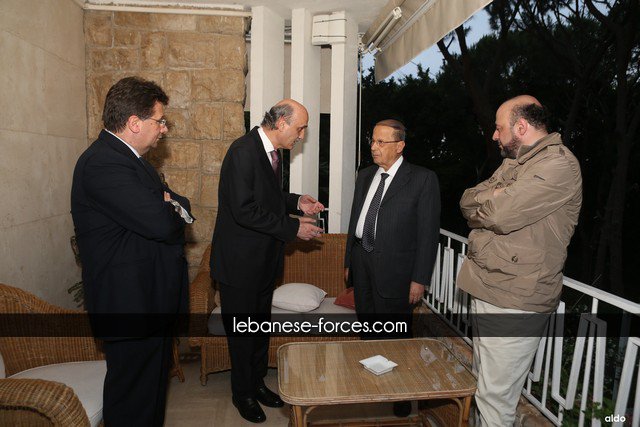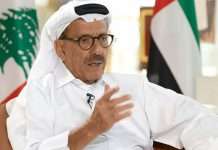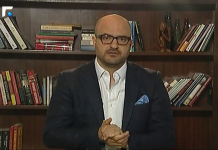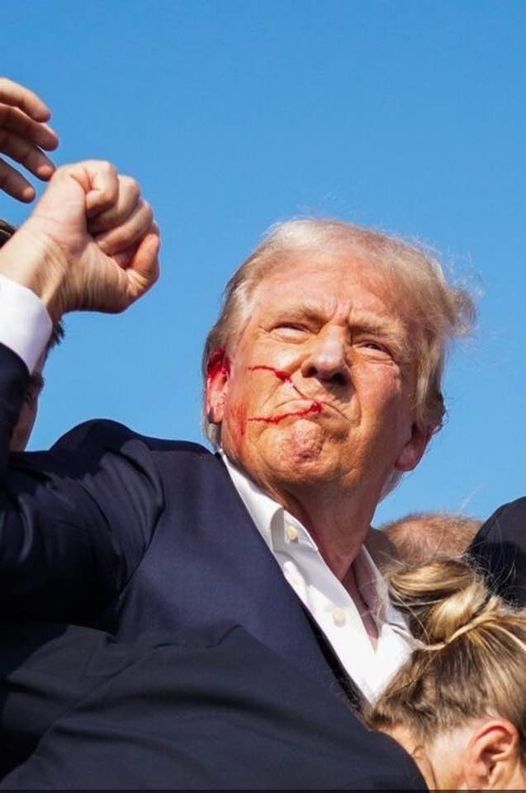Will the “historic reconciliation”end the presidential vacuum?
Myra Abdallah/Now Lebanon/January 19/16
Lebanese Forces leader Samir Geagea nominated former head of Free Patriotic Movement Michel Aoun for presidency yesterday, during a joint press conference in Maarab, the Lebanese Forces headquarters. After nearly 30 years of conflict and communication breakdowns, the two Christian leaders united their efforts to find a common ground and announced their cooperation to end the presidential deadlock. The reconciliation between Geagea and Aoun was seen as a “historical” alliance, especially after the cruel battles that took place between the two Christian leaders during the Lebanese civil war; clashes that have been deeply imprinted in the collective memory of many Lebanese people.
“It’s a very important step forward on a national level, especially after the historically extended conflict between Aoun and Geagea,” said analyst Kassem Kassir. “It’s a strategy to reshuffle the deck, especially after Hariri’s nomination of Frangieh.” Last month, former Prime Minister Saad Hariri decided to nominate head of the Marada Movement Suleiman Frangieh for the presidency. Frangieh’s nomination was opposed by a number of March 14 officials, including Geagea, especially since Frangieh is known for his close relations with the Syrian regime and Syrian president Bashar al-Assad. However, a Lebanese Forces source NOW previously spoke to confirmed that Geagea’s nomination of Aoun is not a reaction to Frangieh’s nomination, but a result of the dialogue that has been going on for nearly a year between the two Christian parties.
“What happened is related to the power dynamics between Christian officials,” analyst and director of the Lebanese Center for policy studies Karam Karam told NOW. “The position of Christians in power, the 25 year experience between Aoun and Geagea and the regional developments – especially the position of minorities in the region – accelerated the reconciliation.”
Being supported by his Christian rival Geagea, who was a presidential candidate too, Aoun will definitely have a higher chance of becoming president. Although Frangieh’s withdrawal was a probable scenario, after the Maarab press conference, Frangieh confirmed his determination to remain a presidential candidate, restricting the presidential competition to him and Aoun. “The nomination of Michel Aoun by the Lebanese Forces won’t change anything in the status-quo,” said analyst Rashed Fayed. “From one side, Aoun said that he won’t participate in the presidential elections unless he was the only candidate and Frangieh has not withdrawn his candidacy so far; and from the other side, Hezbollah doesn’t seem to be accepting the nomination. Hezbollah’s MPs and ministers did not make any statement regarding the nomination. The question is whether Tehran will benefit from the election of a Lebanese president now.”
Hezbollah has long been accused by political analysts and March 14 politicians to prefer the presidential vacuum over any president. But, Michel Aoun has always been Hezbollah’s number one candidate, even after Hariri nominated Frangieh. However, to date, Hezbollah officials did not make any statement or comment on Aoun’s nomination by the LF. Kassir told NOW that Hezbollah officials, whom he privately spoke with, confirmed their support for Aoun and considered his nomination by the LF a positive step forward. However, even with the LF and Hezbollah’s support, Aoun can’t win the presidential elections unless other political blocs support him too. “To know if Aoun has more chances than Frangieh to become president, we have to wait for the official political statements of [Nabih] Berri and Walid Jumblatt’s blocs. However, if Hezbollah decided that it is time to elect a president, it will pressure Berri and Jumblatt to elect the candidate the party decides on,” Fayed told NOW.
The electoral law was one of the important topics discussed during the official statement. A new electoral law is definitely needed in Lebanon; yet, politicians were unable to agree on a new law that is in the interest of all Lebanese people. The electoral law was mentioned during the press conference; however, the statement did not specify which electoral law they will be working on implementing. “The old [electoral] law does not give the Christians a good representation and this is a major problem. Therefore, the electoral law was an important part of the press release since this law is what will form the political power in the future,” said Kassir.
“The new alliance might not be successful in electing a president. It only changed the rules of the competition but it did not facilitate the election of a president. The same goes for the electoral law. To be able to establish a new electoral law, political sides in Lebanon need to set serious dialogues and establish serious alliances between them in order to agree on a new law. However, the alliance will facilitate the dialogue that might lead to a new electoral law,” said Karam.
The political scene in Lebanon gained a new identity. The fact that Geagea nominated Aoun for the presidency broke the old alliances, known as March 8 and March 14. Geagea and Aoun, both being Christian, gave the current political alignments a more sectarian aspect. “This reconciliation should be completed by communications with other political parties to avoid another type of alignment. If Aoun and Geagea’s reconciliation was completed by the fact that Hezbollah joins the alliance to support Aoun, the realignment won’t be sectarian anymore,” Kassir told NOW.
“After this alliance, the Christians are not on both sides anymore. The old realignment of March 8 and March 14 has ceased to exist,” said Fayed.
Myra Abdallah tweets @myraabdallah



















